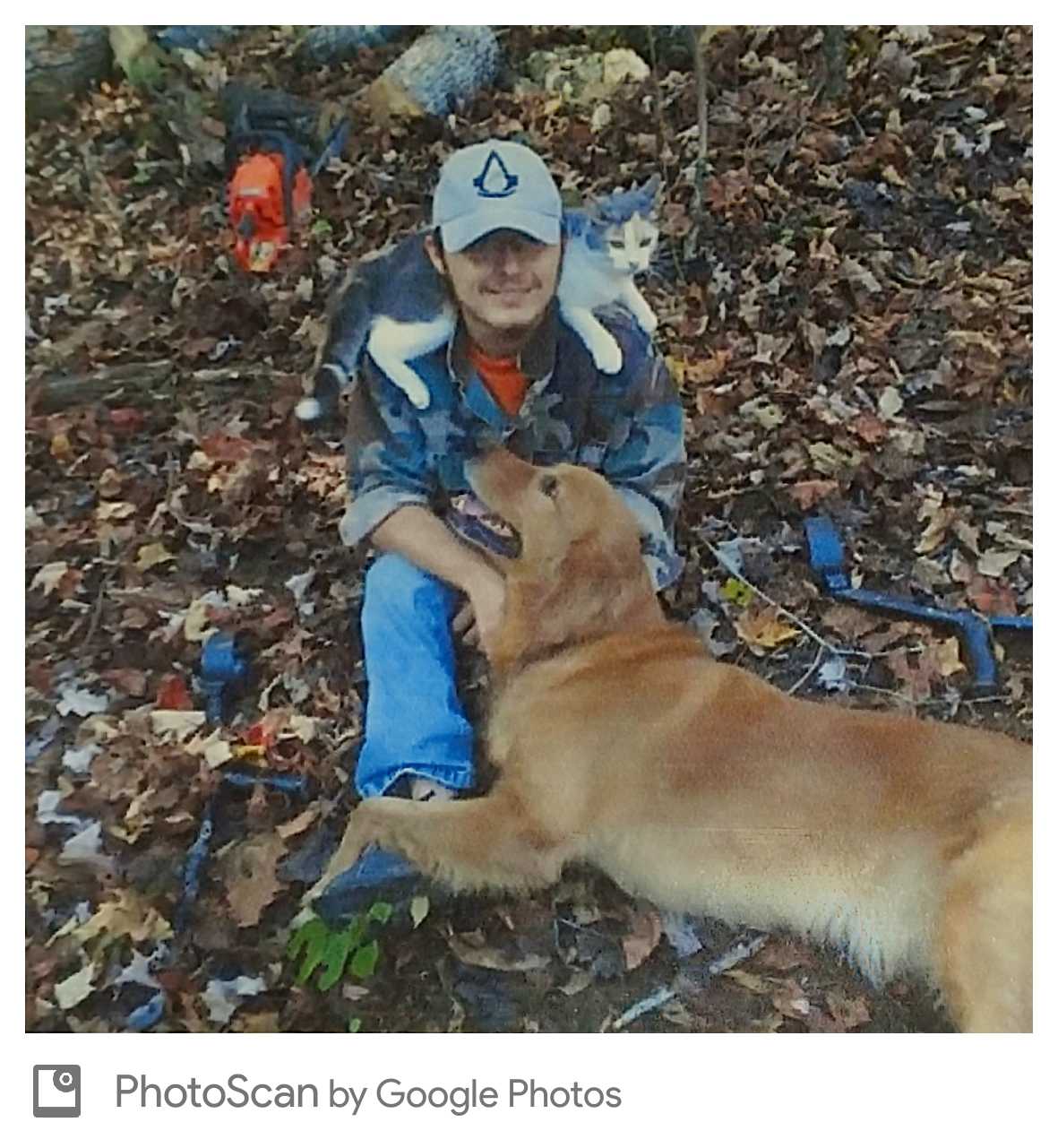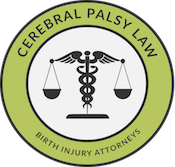Michigan Cerebral Palsy Attorneys is happy to announce that Tavis Root is the winner of the third annual Achievements and Abilities scholarship. In his essay, “A Life Worth Living,” Tavis writes, “When I was born, doctors told my parents that my life would be spent locked inside of a wheelchair, unable to ever speak or even hear the things around me. Yet at the age of two, I crawled down a flight of stairs and pulled myself up onto a piano bench to bang on the keys – at 3am.” Tavis continues to defy the expectations of his doctors. Today, he is a student at CUNY, School of Professional Studies, holds a First-Degree Black-belt in wheelchair-adapted Tae Kwon Do, and is able to drive a car without the use of his legs. He credits a lot of his success with “having a mom committed to helping me through hours and hours of physical and occupational therapy, a dad that sat with me through recovery from multiple surgeries, and siblings who never left me out of any mischief or games.” Tavis is heading into his junior year and is pursuing a degree in psychology. Specifically, he is interested in working in trauma rehabilitation for disabled veterans.
To learn more about Tavis, read his winning essay here:
Tavis’s Essay:
A Life Worth Living
During a late-night conversation with my dad several years ago, he told me that I was “dealt a rough set of cards.” This may be true in some cases, such as when my fingers don’t always move the way I want them to or my legs are too stiff to bend properly. Pushing myself in a wheelchair all day wears down on my shoulders, swimming isn’t my strongest area, and I may never be a ballroom dancer in the normal sense. However, I can honestly say that this “rough” hand that has been dealt to me is, in fact, one of the best gifts I could have ever been given. You see, it is my personal philosophy in life that cerebral palsy may indeed be part of what I am, but it is not who I am.
When I was born, doctors told my parents that my life would be spent locked inside of a wheelchair, unable to ever speak or even hear the things around me. Yet at the age of two, I crawled down a flight of stairs and pulled myself onto a piano bench to bang on the keys – at 3am. My mom will tell you that this is the day she stopped “cutting me any slack.” she says she realized that if I could do that, I could do anything. At the age of four, I was getting into just about everything I could get my hands on and had an imagination to match, I’m told.
At the age of seven, I hated cerebral palsy; it made me different. It denied me things like running and playing sports like “normal” people. I know that age was hard on my family. Throughout my younger years, I had never really noticed this difference. At seven, that difference had suddenly become very clear. At seven, I hated my legs.
The beautiful thing about my family is that they didn’t let cerebral palsy get to me. Every time my frustration or angry thoughts would threaten to pull me down into a much darker reality, my siblings would refuse to do something because I “couldn’t do it too.” They didn’t do anything that I couldn’t do with them. My dad would take everyone ice-skating and push my chair across the rink, spinning me in huge circles across the ice. We would do things just for the joy of doing them.
As I grew older, my views on life shifted less toward those things which cerebral palsy had denied me, and more toward the things it had given me. While it may be true that I never really “danced” at my senior prom, there are other memories that were created that are far more amazing. I can say that my niece pushed my wheelchair around in circles at Disney World when she was two years old with little fairy wings on her back; trust me, if you haven’t experienced that, I would say you haven’t yet lived. I have a golden retriever named Nike, who goes with me everywhere, college classes and all. Not many people get to take their dog to class! Also, I’m one of the few people who can drive a car without using his feet.
Some might say I had become one of the “fortunate” cases that could do this type of thing, but really a lot of it boils down to being very blessed and having a mom committed to helping me through hours and hours of physical and occupational therapy, a dad that sat with me through recovery from multiple surgeries, and siblings who never left me out of any mischief or games.
Cerebral palsy is not about what cannot be done, it is about what potentially can be done. At thirteen, I began wheelchair-adapted martial arts. This was something that pushed my mind and body to the limit. It took me six years, along with hours and training, to really begin to grasp it. But from that struggle came a hard-earned black belt and a belief which I now hold very dear: “The sum of your struggles is found in how you face them.”
I carry this philosophy forward into my schooling, my day-to-day life, and how I deal with other people. It has made it so that when I interact with other people with any disability, I always aim to encourage them to be the best they can be, thanking parents when they work with their child to do more than what the child originally could. I have strived to show them unexplored avenues with the disabled, and I have, on more than one occasion, been laughed at when I tell people that I have my first-degree black belt in South Korean Tae Kwon Do. I tis difficult for them to understand how I go about doing such a thing. I’m met with equally puzzled expressions when I talk about loving to ride horses, driving my own car, or climbing the ridge behind my house on a crisp fall day. It’s a slow crawl, but you ought to see the view!
Cerebral palsy has also affected my family, and they will tell you it is for the better as well. My mother put it into these words: “When we look at someone with a disability, we do not see the chairs, walkers, crutches, breathing tubes, G-tubes, or any equipment. What we see is the person beneath all these things.” Cerebral palsy has for them, like myself, become something that does not define the person, but makes every individual all the more incredible.
Cerebral palsy has molded and shaped my family into disability advocates and people who are quick to act, and long to care. They do not just take care of me – they take care of every person who is both like me and not like me. It has led my older sister Rachel (who has a traumatic brain injury) into a strong line of disability advocacy where she speaks at local schools about service dog laws, and to colleges about accommodations for disabled students of every kind. My older brother Ian would beat my mom to my crib when my apnea alarm went off in the middle of the night. He was three at the time. He developed an amazing sense of quick response and care for others that eventually led him to a career in law enforcement. My nanny stops and talks to parents with disabled children, offering words of encouragement, and the parents smile because someone took the time to speak to their child directly. I personally love that. Nothing is more aggravating than being 22-years-old and having someone look at your mom and say, “What’s his name?”
Interacting with other people with disabilities is something which I would not be able to do on this level had I not been born with cerebral palsy. I would not be able to be a kind of light to the parents and families who have children struggling with the disorder. I am the older guy who “gets” it. In college classrooms, I have been able to break down stereotypes and open doorways to understanding for both disabled and non-disabled students and teachers, answering questions and communicating for those who cannot do so as easily.
Interestingly, I also have many friends who are disabled vets with PTSD. I’m often told that I’m easy to talk to, and look at life differently. They tell me that I would make a great counselor. That works for me. I’m heading into my junior year of college and am pursuing a degree in psychology. My interest is in disabled veterans and trauma rehabilitation. I’m not sure I would have chosen this focus if I had not known the day-to-day struggles of living with my own personal disability, instilling in me the thought that while CP may have denied me the honor of serving with those brave men and women, I can serve them and be here for them when they get home.
I have experienced struggles which I would not wish upon anyone, but I have also experienced a view of this world that I wish I could share with everyone. I have seen goodness and kindness. I have been made strong and empathetic through the differences I once lamented. I have been allowed to comprehend the suffering of other sand given the heart to meet that suffering with open arms. I understand that the tiniest achievement can actually be the biggest triumph, and that everyone has a purpose.
I recently took a trip to the Holocaust Museum in Washington, D.C. There is a small alcove dedicated to the disabled, those whose lives the Nazis deemed “unfit to live.” I rolled up and contemplated that display for a while. As I turned to leave, the crowd around me fell silent and parted to let me through, as if saying the Nazis would not make a way for you, but we will. The world has changed a lot. Disability isn’t something to be hidden or ashamed of, it is now another path to achievement, kindness, and human understanding. Cerebral palsy, stiff limbs, and twisted toes aren’t who I am, they are just a part of who I am. I’m Tavis; I’m a life worth living.
To apply for the 2018 scholarship, visit this page!
